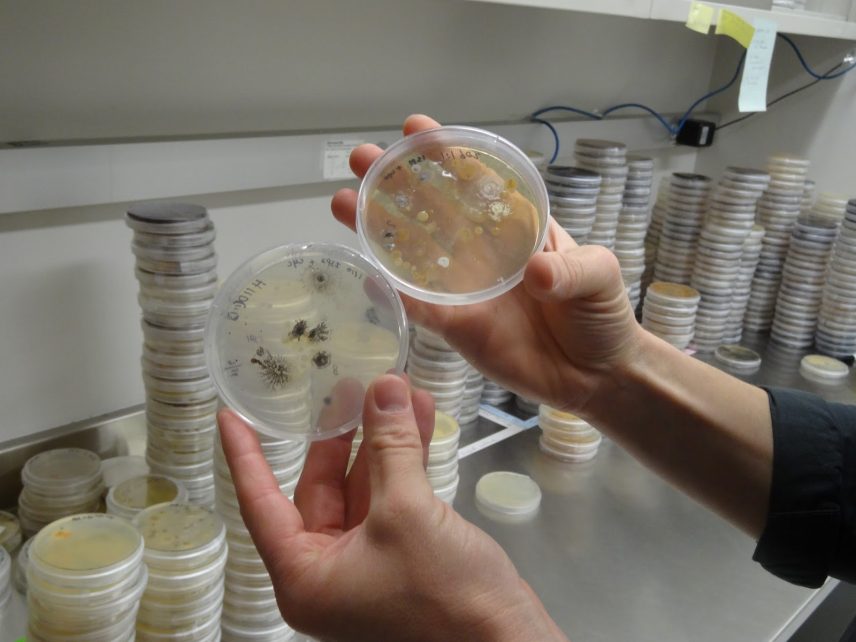

2016 was a big year for Illinois-Indiana Sea Grant! From award-winning work to hands-on field experiences for students, community events on Lake Michigan, and strong partnerships across the region, IISG was busy advancing Great Lakes science, education, and stewardship every step of the way.
Reminisce with us on all things 2016 at the link in bio.

Ripple Effects is a collection of 8 activities for grades 6–12 that introduces students to aquatic invasive species in the Great Lakes.
Through research, reporting, and role-playing games, students will:
✅ Explore how non-native species arrived
✅ Understand why they threaten native ecosystems
✅ Investigate their impact on the Great Lakes
Aligned with Next Generation Science Standards and Great Lakes Literacy Principles, this curriculum is perfect for engaging students in real-world science and stewardship.
🔗 visit the link in bio to learn more

Graduate students: don’t miss your chance to advance your research and expand your professional network! The 2026 Illinois-Indiana Sea Grant Graduate Scholars Program is now open for applications. Whether your work focuses on coastal resiliency, Great Lakes science, water resources, or community engagement, this opportunity offers funding and professional development to support your graduate research. Learn more and apply today — opportunities like this don’t come every year!
👉 Read the full details at the link in bio.

Join us next month at the Friends of the Chicago River’s Friends of the Chicago River’s annual Student Congress. We’re excited to attend this free, student-driven environmental conference where we will be leading the Great Plankton Race.
Learn about river issues, connect with peers and professionals, enjoy snacks & giveaways, and even see live animals.
Who: Open to all students, families welcome too!
Where: On the campus of Northeastern Illinois University
When: Saturday, February 28, 2026
8:30 a.m. to 1:30 p.m.
Learn more and register at the link in bio.
#TeachingTuesday #ChicagoRiver
